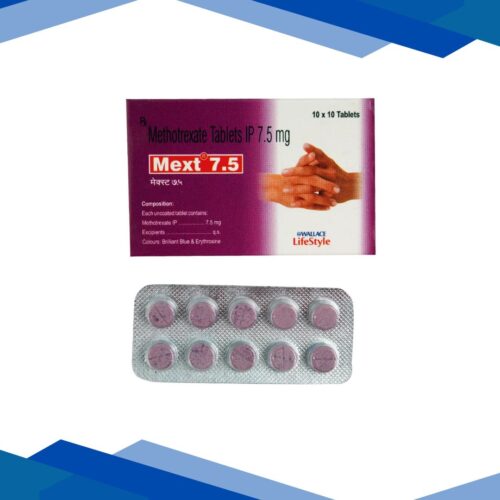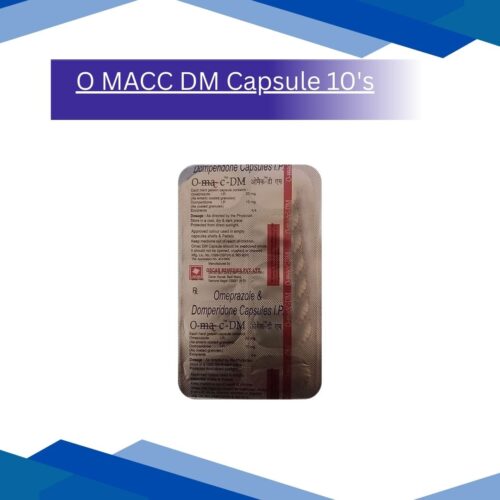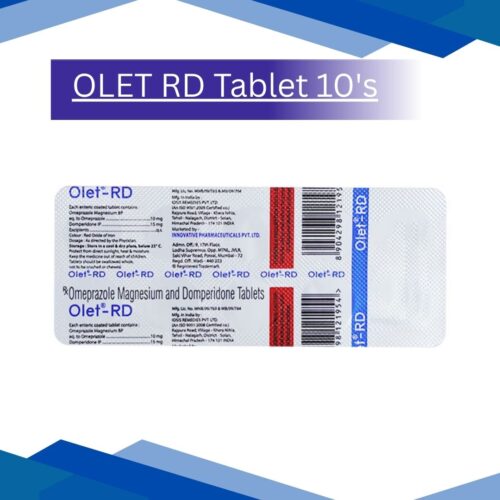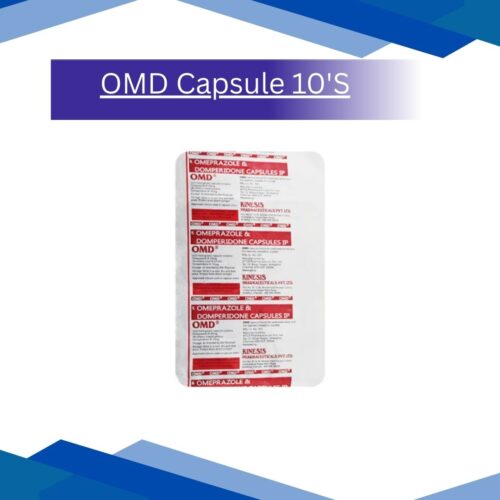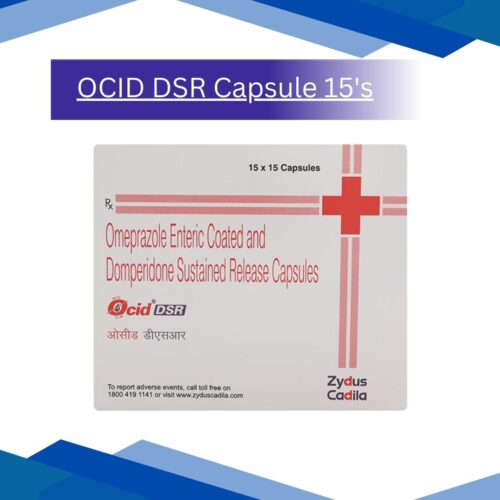OMEPRAZOLE
Overview
Omeprazole is a commonly used medicine that helps reduce the amount of acid your stomach makes. It’s mainly taken to treat problems like acid reflux, heartburn, and stomach ulcers.
Classification
Proton pump inhibitors (PPIs)
Uses
Omeprazole is used to treat conditions where the stomach makes too much acid or when acid causes irritation. It helps with:
Heartburn and acid reflux (a burning feeling in the chest or sour taste in the mouth)
GERD (gastroesophageal reflux disease), a long-term form of acid reflux
Stomach and duodenal ulcers (sores in the stomach or upper intestine)
Healing damage caused by too much acid in the food pipe (esophagus)
Preventing ulcers in people who take certain painkillers (like NSAIDs) for a long time
Zollinger-Ellison syndrome, a rare condition where the stomach produces too much acid
How it works
Omeprazole works by turning down the “acid pumps” in your stomach lining. These pumps are responsible for producing stomach acid. When omeprazole blocks them, the acid levels drop.
Less acid means:
Less irritation to the food pipe (esophagus), helping it heal if it’s been damaged by reflux or too much acid
Ulcers can heal faster, and there’s less chance of new ones forming—especially important for people who take painkillers like NSAIDs regularly, which can be hard on the stomach
In rare conditions like Zollinger-Ellison syndrome, where the body makes way too much acid, omeprazole helps bring acid levels under control and protects the digestive system from damage
Dosage:
As prescribed by your doctor.
Side effect
Most people handle Omeprazole well, but a few may notice minor effects like:
Headache
Tummy ache or stomach discomfort
Bloating or gas buildup
Nausea and vomiting
Constipation or diarrhea
Feeling weak, lightheaded, or low on energy
These effects are usually gentle and short-lasting.
Preautions
Take it as directed: Usually taken before meals, preferably in the morning. Don’t crush or chew the capsule—swallow it whole unless your doctor says otherwise.
Long-term use caution: Using Omeprazole for a long time (especially over a year) may lead to issues like low vitamin B12, low magnesium, or a higher risk of bone fractures. Your doctor may recommend tests if you’re on it for a while.
Tell your doctor if you’re pregnant or breastfeeding: It’s usually safe, but always check first.
Let your doctor know about other medications: Omeprazole can affect how certain drugs work, like blood thinners (e.g., warfarin) or some antifungals and antivirals.
Kidney or liver conditions: If you have kidney or liver issues, your dosage may need to be adjusted or monitored.
Don’t stop suddenly if used long-term: Stopping too quickly can cause acid rebound. Always follow your doctor’s guidance.
Disclaimer:
This content is for informational purposes only. Always consult a healthcare provider for medical advice and proper dosage





